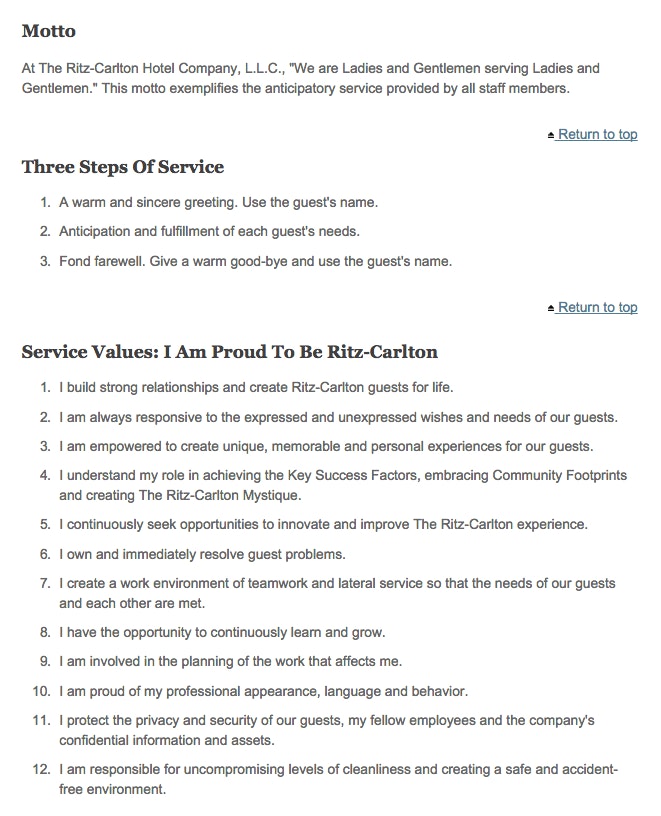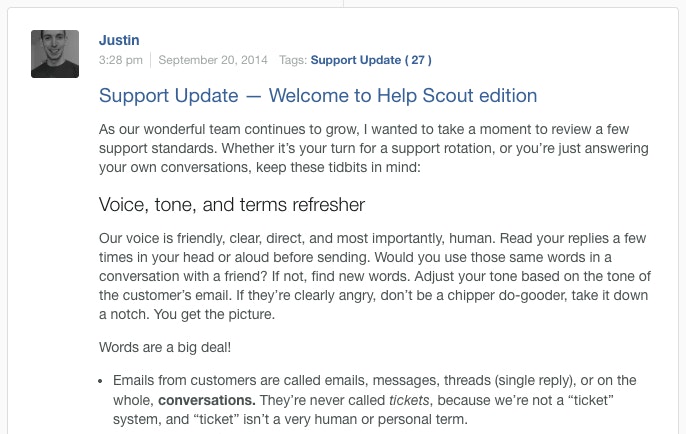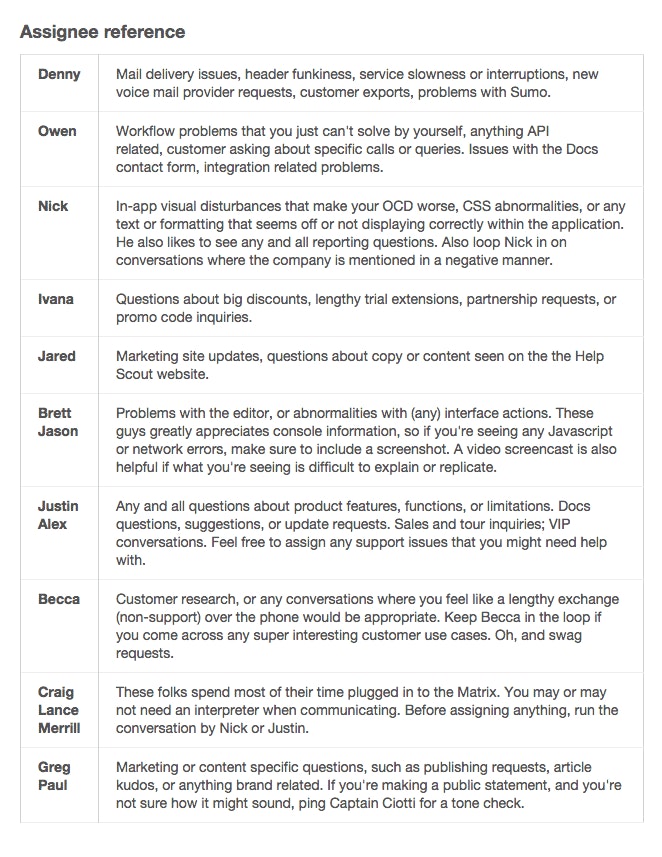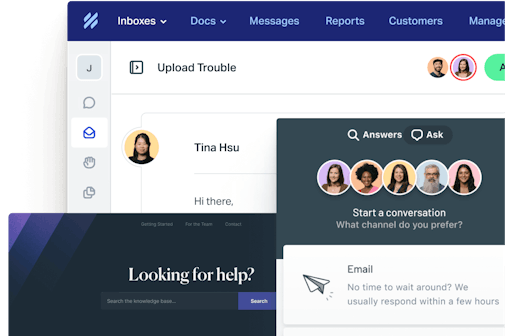Horst Schulze, founding President and former CEO of Ritz-Carlton, created a language handbook for his employees in order to unify the team and properly introduce the culture to new hires.
This championed the notion of owning an identity, one that was proudly worn by every employee and was later coined the “Ritz style.”
Phrases like “My pleasure” and “Right away” helped define their luxury hotels and the way they envisioned the customer experience. It’s fascinating how simple phrases can completely change the atmosphere and how crucial language is in coloring perception.
It turns out this language handbook, or support lexicon, was a linchpin in the way Horst Schulze grew his business and how he was able to create a culture of belonging and purpose: he made it his priority to teach every new employee in all fifty Ritz-Carlton hotels.
Whether you’re in the hospitality business or not, a support lexicon is a simple tool that can aggregate all the fundamentals of the company: style of language and tone, mindset, values, goals, and processes.
How you can create a support lexicon
Creating this lexicon needn’t be difficult or complex. And it doesn’t need to outline how to respond to every inquiry or problem like a script.
What it provides is a playbook, so employees can gauge their style of language and adhere to the values of the company—all without sacrificing their autonomy and ability to make decisions.
Take a look at Ritz-Carlton’s page on their Gold Standards (love their motto!):

For a modern example dealing directly with communicating with customers, see Buffer’s Voice & Tone Guide, which follows similar principles.
When creating your own lexicon, there are many topics for discussion that can aid support teams.
Here’s a quick look at a recent update from our support champ Justin:

Justin goes on to describe a number of useful guidelines that were invaluable to a new hire like me, including:
A framework for how lenient you should be with trial extensions and other “freebies.”
How to properly set customer expectations when responding to feature requests.
A refresher on what words to use and how to adapt your tone should you encounter an angry customer.
Other than a few restrictions, we champion autonomy by placing firm values on how customers should be spoken to. If a new hire like me feels unsure, I’ll save my reply in Help Scout, ping a team member to review it, and get their perspective on how to reply better.
We also use Docs to create a table of contents for how to assign inquiries to the right team member. It may seem obvious for an employee to memorize this, but having a database that’s easily found can reduce mistakes or confusion.

Let’s also talk about those “restrictions” I mentioned above.
One alternative use of a lexicon is applying legendary investor Charlie Munger’s advice that it’s better to first “avoid stupidity” than to pursue brilliance—in other words, how might a lexicon help your team avoid making mistakes?
The negative lexicon or the “Danny Meyer approach”
Leonardo Inghiller and Micah Solomon, in Exceptional Service Exceptional Profit, share the opposite strategy of a language handbook, one coined by New York restaurateur Danny Meyer.
We call the Negative Lexicon the Danny Meyer approach, after the teachings of the New York restaurateur and master of hospitality. Meyer feels uncomfortable giving his staff a list of what to say, but he doesn’t hesitate to specifically ban phrases that grate on his ears (“Are we still working on that lamb?”).
A Negative Lexicon can be kept short, sweet, and easy to learn. Of course, new problematic words and phrases are sure to crop up as time moves on. Ideally, you’ll update your Negative Lexicon as frequently as Wired magazine updates its “Jargon Watch” column.
Help Scout uses a negative lexicon that’s short and sweet, but within it are reminders of the values and language that we must abide by. You saw from Justin’s excerpt that we discourage the use of the word “ticket.” Have you ever felt welcomed by waiting in line with a ticket number? No. Have “conversations” with customers instead.
Again, what this does is create unity through clarity. That’s the goal of any well-written playbook: to make sure the whole team is on the same page.
A handbook that defines “who we are”
Creating a distinct language or using specific phrases reflects and instills the values of the company across every team member, reminding them of what they represent and the standards by which they must abide.
From the employee perspective, it’s about belonging and purpose. Embracing an identity is empowering because it’s about ownership, having a sense of responsibility, and knowing that your contributions are meaningful. Without that kind of culture, there is no unity or shared vision, and in turn, a lack of motivation and meaning.
A support lexicon is like wearing your team’s colors. It signals, “This is who we are; this is how we do things.” When those values and beliefs are fostered at the start, helping the employee form an identity around these beliefs and behaviors, remarkable service ensues.
This is why Buffer calls their support team “Happiness Heroes.” Every interaction is focused on that mindset of delivering happiness, of providing value and being resourceful to the customer. It’s more than a job title—it’s an identity worth embracing and fulfilling.
Ritz-Carlton set the standard a long time ago by emphasizing the importance of remembering guest’s names, as well as making every employee not a function of the business, but a linchpin. They used a support lexicon to encourage this.
The power of a support lexicon can unify teams, create a culture that’s worthy of ownership, and emanate a distinct style that spreads throughout your customers and the domain you occupy.



